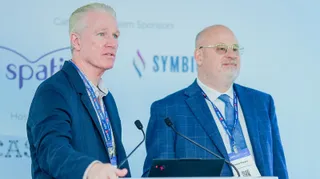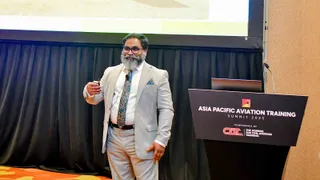Allinea Software Powers Heart Simulation Framework
Contact Our Team
For more information about how Halldale can add value to your marketing and promotional campaigns or to discuss event exhibitor and sponsorship opportunities, contact our team to find out more
The Americas -
holly.foster@halldale.com
Rest of World -
jeremy@halldale.com
The Allinea Forge parallel code development suite is helping to speed up exciting computational cardiology research at the Medical University of Graz.
Utilizing the power of the VSC-3 supercomputer at the University of Vienna, Postdoctoral researcher Dr. Aurel Neic and his team are developing a simulation framework for the human heart called the Cardiac Arrythmia Research Package (CARP). It replicates the electric, mechanic and haemodynamic (the forces associated with the flow of blood) phenomena in the heart in a coupled manner and is bringing exciting new possibilities to medical science.
The simulation requires a highly parallel numerical code, running on hundreds, if not thousands of CPU cores. To speed up their research, the team turned to Allinea Forge which provides a debugger (Allinea DDT) and profiler (Allinea MAP) to assist in developing and debugging the highly parallel numerical code and its associated management code.
“Before using Allinea Forge, we had problems debugging simulations that used more processes than the amount supported by a desktop machine, around eight to 12,” says Dr Neic. “Since our software routinely operates on process counts between 64 and 1024 processes, with benchmarks ranging up to 16,000 processes, we could not debug our code in the most relevant parallel execution scenarios.”


